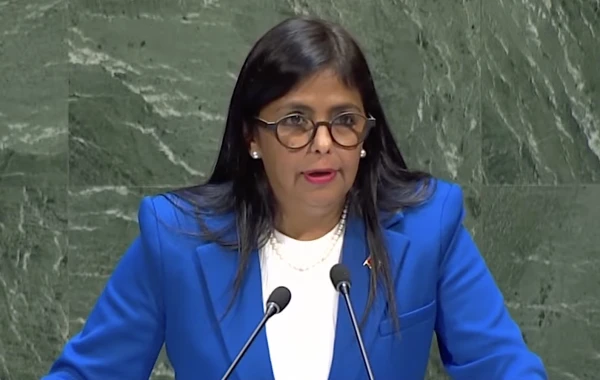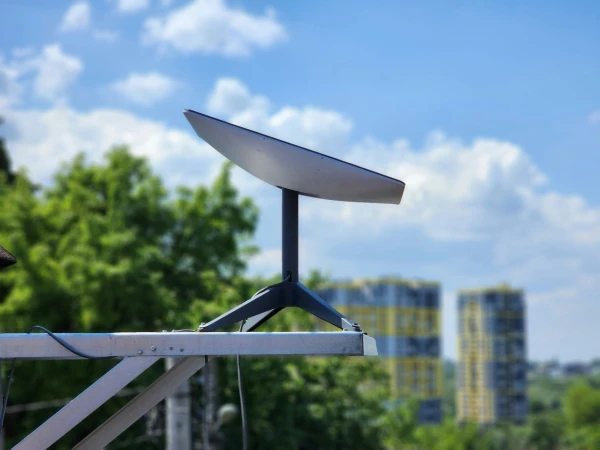
"Nowadays, many children take additional lessons with tutors. However, when contacting a tutor through an advertisement, it is not always possible to assess their level of qualification. Are there any criteria in the country by which one can evaluate whether a person has the right to engage in tutoring?"
Another problem: many tutors work without issuing any receipts or other documents confirming payment. For many parents, these are significant expenses, as a considerable amount accumulates over the year, and it is impossible to reclaim taxes. Are tutors required to provide a payment document to the client/payer?
In Latvia, anyone can work as a tutor (privātskolotājs), but under certain conditions — depending on how regularly and in what form they provide these services. If a tutor helps privately and irregularly, from time to time, no special permission is required.
However, if teaching is conducted regularly and for a fee, the tutor is obliged to register their business activity — either as a self-employed person (pašnodarbinātais) with the State Revenue Service (SRS) or to create an SIA (LLC) if the work is conducted through a business.
As for qualification requirements, the law does not mandate a pedagogical diploma for private lessons (for example, tutoring in mathematics, English, etc.). At the same time, the service recipient or their representative (in this case, the parent of the student being tutored) may well ask to present a document confirming the qualification of the private educator. If the work is conducted within a licensed educational program, then pedagogical qualification is mandatory.
Justifiable Expenses
Justifiable expenses that can be included in the annual income declaration may also include expenses for educational extracurricular programs (in the understanding of the Education Law) for children under the age of 18. The mentioned educational programs may be implemented by legal and natural persons not registered in the Register of Educational Institutions, provided they have received the corresponding license from the local government.
Thus, if a private tutor has registered their entrepreneurial activity (self-employed person) and teaches courses or conducts training within the framework of an educational school program (and, as mentioned above, has a license from the local government), the parents of the child who is tutored by such a tutor can include payment documents confirming the payment for this education in their annual income declaration as justifiable expenses for children's education.
Before reimbursing justifiable expenses, an SRS employee will check whether the individual service provider is registered in the Register of Educational Institutions. Such information is available on the website viis.gov.lv (Teachers Engaged in Private Practice), and/or will verify information about issued licenses for teaching activities on local government websites or by contacting the local government. Accordingly, if it turns out that a specific tutor was not authorized to provide private lessons, the parents' expenses will not be reimbursed.
Payments with a Receipt Registered in the SRS
A private educator (tutor) can be a self-employed person. They are obliged to issue a receipt for the services rendered upon request. The receipt issued upon request must be numbered and registered with the State Revenue Service to be included in the annual income declaration as educational expenses. (Receipt numbers must be registered even if a receipt book is purchased). The easiest way to do this is by submitting an application electronically in the SRS electronic declaration system.
In turn, the service recipient can check whether a specific receipt is registered with the SRS in the SRS database (section "Darījumu apliecinošās kvīts" ("Receipt Confirming the Transaction")), by entering the necessary information: the taxpayer number of the private tutor (if they are self-employed, this will be their personal code), the series and number of the specific receipt.
Payment by Bank Transfer
If payment for the tutor's services is made via bank transfer, the confirmation of expenses for these services will be a bank statement or a printout of the payment order containing information about the service received and the recipient. In particular, if the service (lessons) was received by another family member, the payment designation must include information about that person: their first name, last name, and personal code.











